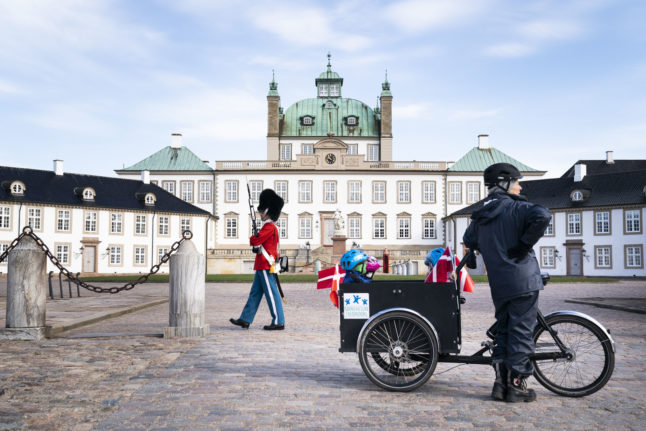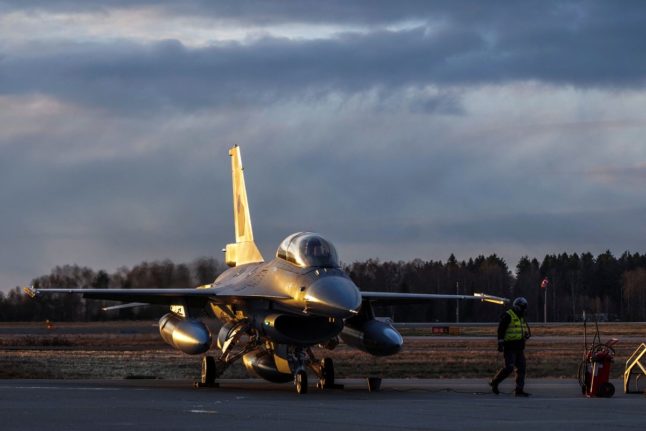Government to give royal family additional 17 million kroner
The government says the royal family should receive more state funding and will table a proposal for an additional 17 million kroner, the Prime Minister’s office said in a statement.
The additional money would take state spending on the royal family from 126 million to 143 million kroner annually.
“We have a king and queen and a royal family to be proud of and who represent us in a superb manner. That’s how things should stay and we want to provide the basis for this,” Prime Minister Mette Frederiksen said in the statement.
Costs for the royal family include upkeep of palaces and other royal property as well as security.
Vocabulary: på fineste vis – in a superb manner
Liberal Alliance fleshes out policy on ‘top tax’
The Libertarian party Liberal Alliance (LA), whose campaign platform heavily features opposition to the highest tax bracket topskat or ‘top tax’, says it wants to halve the tax paid in the bracket after the next general election.
Previously, LA has maintained that top-end tax should be scrapped entirely.
READ ALSO: ‘Topskat’: What is Denmark’s high income tax bracket?
The party’s tax spokesperson Ole Birk Olesen stressed that LA’s long-term goal remains to completely repeal topskat.
“I think we have now become such a large and important party that we owe the public firm answers on what we want to do in the next four years. We are thereby saying that in the four years after an upcoming election, we would enact half of what we would previously have spent 13 years on,” he told newswire Ritzau.
Polling suggests a potential strong showing for LA in the next election, although one is not due to be held until 2026.
Vocabulary: at skylde – to owe
Inflation edges up as clothing and electricity prices rise
Inflation remains low in Denmark at 0.9 percent in March compared to March 2023, but edged upwards by 0.1 percent month-on-month, the latest figures from Statistics Denmark show.
The price of clothes and electricity were the primary factors in the marginal inflation.
“This increase in inflation does not set alarm bells ringing. The bigger picture shows that inflation in Denmark has come under control and it also seems that inflation is coming under control in the eurozone,” Sydbank’s senior economist Mathias Dollerup Sproegel told Ritzau.
Vocabulary: beskeden – modest
Denmark could copy Swedish model to make trains and buses cheaper
Longer journeys on public transport should be made cheaper, while shorter journeys should cost more, regional authorities in Denmark say.
Danske Regioner, the national body for regional administrations (Regioner) whose remit includes regional public transport, said in a press statement on Wednesday that a new model is favoured which would see fares adjusted in favour of longer trips.
This would be done by introducing a new fare scale inspired by a model used in southern Swedish region Skåne, the head of the Regions’ committee for development Anders G. Christensen said.
Skåne’s public transport system uses three fare zones, which compares with the approximately 100 zones used across the Øresund in the Greater Copenhagen region alone.



 Please whitelist us to continue reading.
Please whitelist us to continue reading.
Member comments